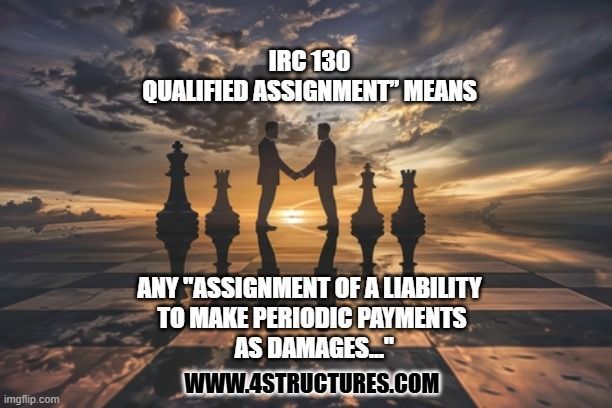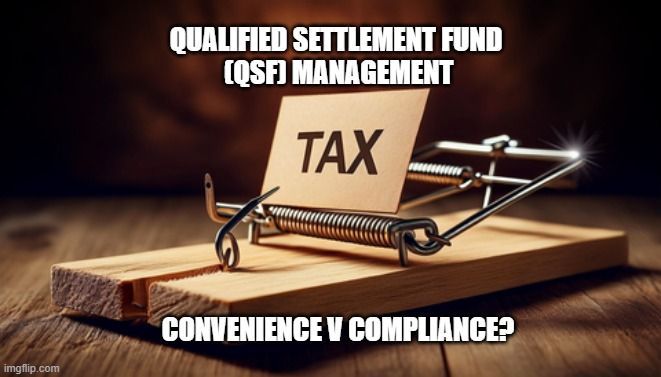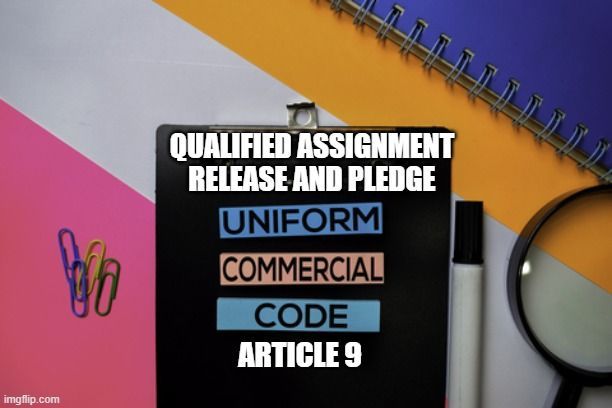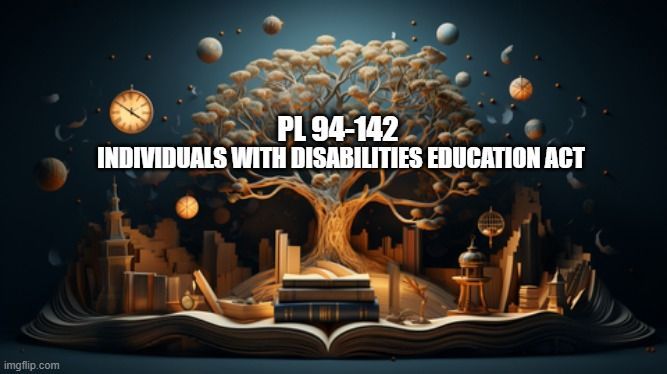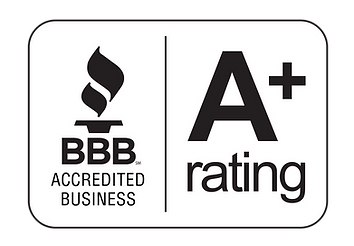Structured Settlements | Can You Do This?
Establish a Structured Settlement OUT OF a Special Needs Trust

Can the remainder beneficiary of an SNT enter into a qualified structured settlement, out of the Estate , with funds from the trustee of the Decedent's Supplemental Needs Trust?
Say your client that has been receiving structured settlement payments that flow into a Supplemental Needs Trust died in 2020 from Covid-19 at age 51. The structured settlement is funded with a large structured settlement annuity that provides for100% of the remaining certain structured settlement payments to be commuted to a lump sum at death and payable to the Supplemental Needs Trust in order to be available to satisfy the Medicaid lien. A structured settlement commutation rider may even be required under local agency rules. The structured settlement annuity was established 15 years ago and there are 25 years (300 monthly payments) certain remaining to be commuted. The terms of the SNT provide that the remaining corpus of the SNT, after the commuted amount has been gathered, the outstanding Medicaid lien has been satisfied and costs of the trust accounted for, will be paid to the decedent's beneficiary. The beneficiary of the remainder in the trust is decedent's spouse who is 53 years old.
No, the spouse may not establish a qualified structured settlement with the Estate under this scenario .
- He or she is the named beneficiary of the trust for the residual corpus after Medicaid has been satisfied and therefore there is nothing in dispute. There is no compromise or meeting of the minds.
- There are no damages paid as consideration for a "settlement" by the trust that are excluded under IRC §104(a)(1) or §104(a)(2).
- Distributions from the Estate fall under IRC §102. See IRC §102(a) General Rule — Gross income does not include the value of property acquired by gift, bequest, devise, or inheritance. However, there is no provision under IRC §130 that permits a distribution under IRC §102 to qualify as damages for the purpose of a qualified assignment.
Trustees of a supplemental or special needs trust should be wary and thoroughly examine any request to transfer remainder money from an SNT to an independent qualified assignment company, particularly one owned or affiliated with a settlement planning firm through common control or ownership. If a "structured settlement" was purportedly established and the annuitant later wanted out, imagine the surprise the annuitant may have if the interest they earned turns out to be taxable. Imagine the surprise that secondary or tertiary market investors would have when it turns out that they haven't really acquired structured settlement payment rights at all. Is there excise tax exposure?
What About If You Use a Qualified Settlement Fund?
When it comes to qualified settlement funds, the philosophy of certain settlement planners is to hard sell qualified settlement funds as if the shoe fits every time. It certainly does not. Be cautious if you see a recommendation to use a QSF in a scenario such as described above. Sometimes even with a shoe horn, the shoe does not fit.
A QSF is established to resolve or satisfy one or more contested or uncontested claims that have resulted or may result from an event (or related series of events) that has occurred and that has given rise to at least one claim asserting liability -
(i) Under the Comprehensive Environmental Response, Compensation and Liability Act of 1980 (hereinafter referred to as CERCLA), as amended, 42 U.S.C. 9601 et seq.; or
(ii) Arising out of a tort, breach of contract, or violation of law; or
(iii) Designated by the Commissioner in a revenue ruling or revenue procedure;
There are no unresolved claims when the remainder in an SNT is distributed and there is already a named beneficiary.

